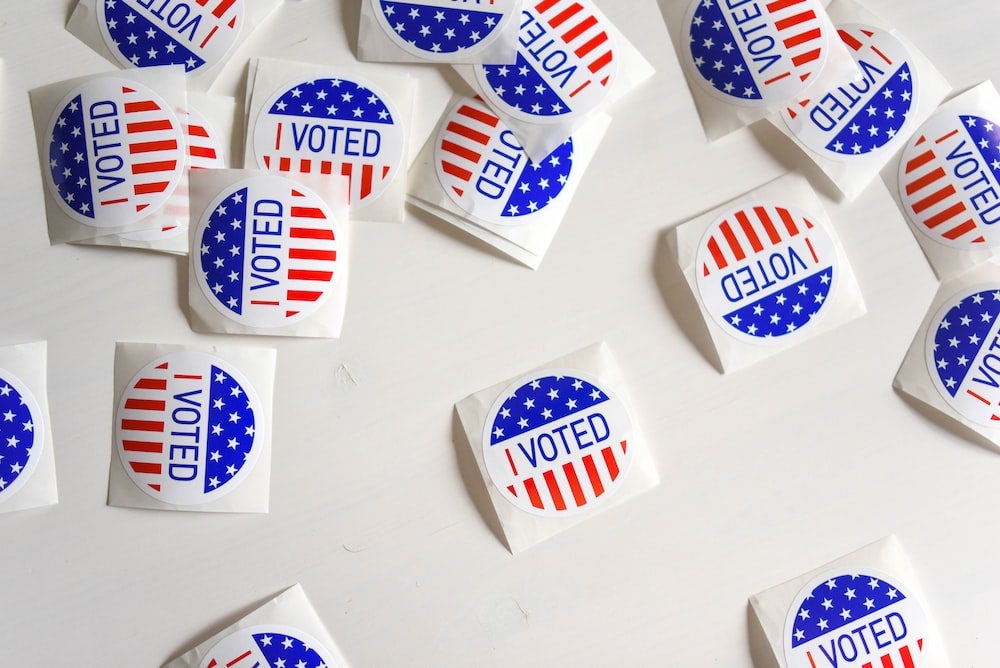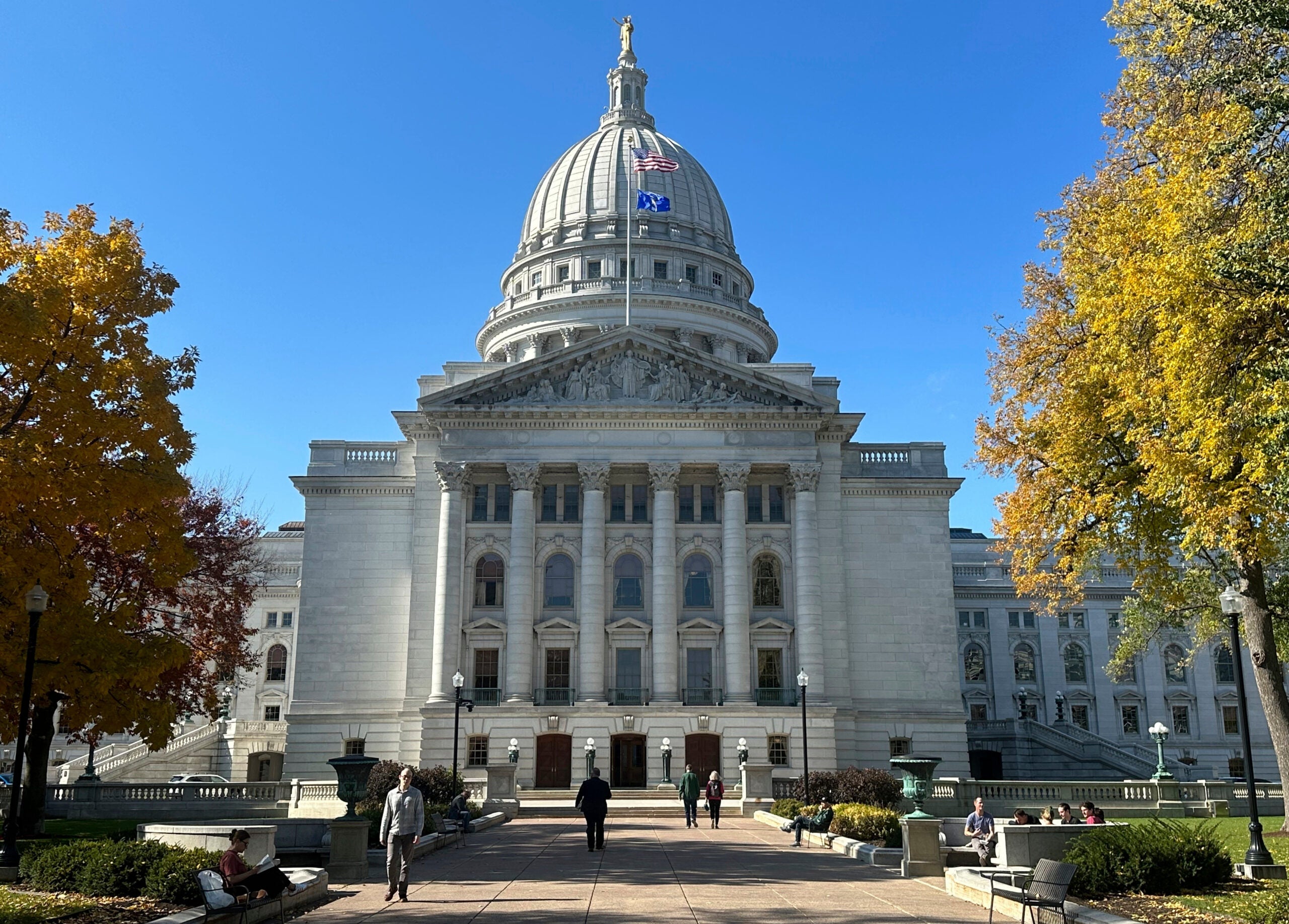Wisconsin voters with print disabilities will be able to receive absentee ballots by email in November, a Dane County Circuit Court judge ruled Tuesday.
Voters who certify they have a print disability — including voters who are blind or have a physical disability that impairs manual dexterity — will be able to request their municipal clerks email their absentee ballot.
Under the judge’s temporary injunction, the Wisconsin Elections Commission must make the emailed ballot accessible so it can be read and marked by commercially available technology such as a screen reader.
News with a little more humanity
WPR’s “Wisconsin Today” newsletter keeps you connected to the state you love without feeling overwhelmed. No paywall. No agenda. No corporate filter.
“The right to a secret ballot is a core democratic principle,” said Erin Deeeley, an attorney for the plaintiffs. “It’s a right that all voters have under federal and state law, and this ruling makes clear that voters with disabilities are no exception.”
Disability Rights Wisconsin, the League of Women Voters of Wisconsin and four voters with disabilities filed the initial lawsuit against the Wisconsin Elections Commission in April.
Military voters and those who are overseas permanently can already either download their ballots from an online portal or have it emailed to them by a municipal clerk. Temporarily overseas voters can have a ballot emailed to them.
Under current Wisconsin law, all voters must return their ballots through the mail.
Debra Cronmiller, executive director of the League of Women Voters of Wisconsin, said she would eventually like to see that change for voters with disabilities.
“We also would like ultimately for a blind or low vision voter who has marked their ballot privately to be able to electronically return that ballot. So they don’t necessarily have to have somebody else’s intervention,” Cronmiller said.
Before a hearing Monday, the plaintiffs narrowed the lawsuit to first apply to absentee ballots for the November election but not the August primary. Ballots have already been drafted for August.
Attorneys for the Elections Commission said ballots for the November election need to be approved by the end of August, which they argued is not enough time to implement the changes being sought in lawsuit.
Kristin Kerschensteiner, director of legal and advocacy services for Disability Rights Wisconsin, said she believes there is enough time to make the changes necessary to comply with the judge’s ruling.
“It is our understanding from the deposition of (WEC) Administrator (Meagan) Wolfe and the declaration they submitted that it is possible,” Kerschensteiner said.
Representatives of the Wisconsin Elections Commission did not respond to requests for comment. The commission will discuss the temporary injunction at its next meeting on Thursday, according to the meeting agenda.
However, the plaintiffs said they expect the injunction will be appealed.
“This is the first step and it’s gonna be a longer journey, but it’s getting some equity for individuals with print disabilities in their ability to cast a secret ballot the way everyone else can,” Kerschensteiner said.
Absentee ballots have been a point of contention in the state, where four of the past six presidential elections were decided by less than a percentage point.
Wisconsin municipalities previously distributed electronic absentee ballots to anyone who requested one, the lawsuit says, until a 2011 law restricted that option to only deployed military and those permanently overseas.
Wisconsin Public Radio, © Copyright 2025, Board of Regents of the University of Wisconsin System and Wisconsin Educational Communications Board.







